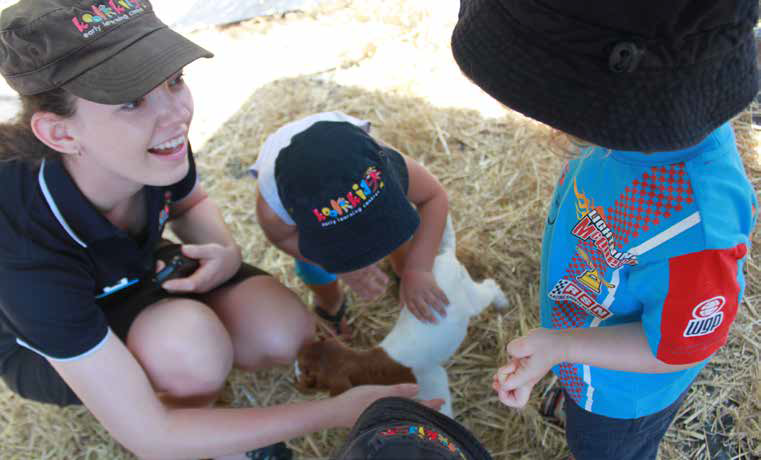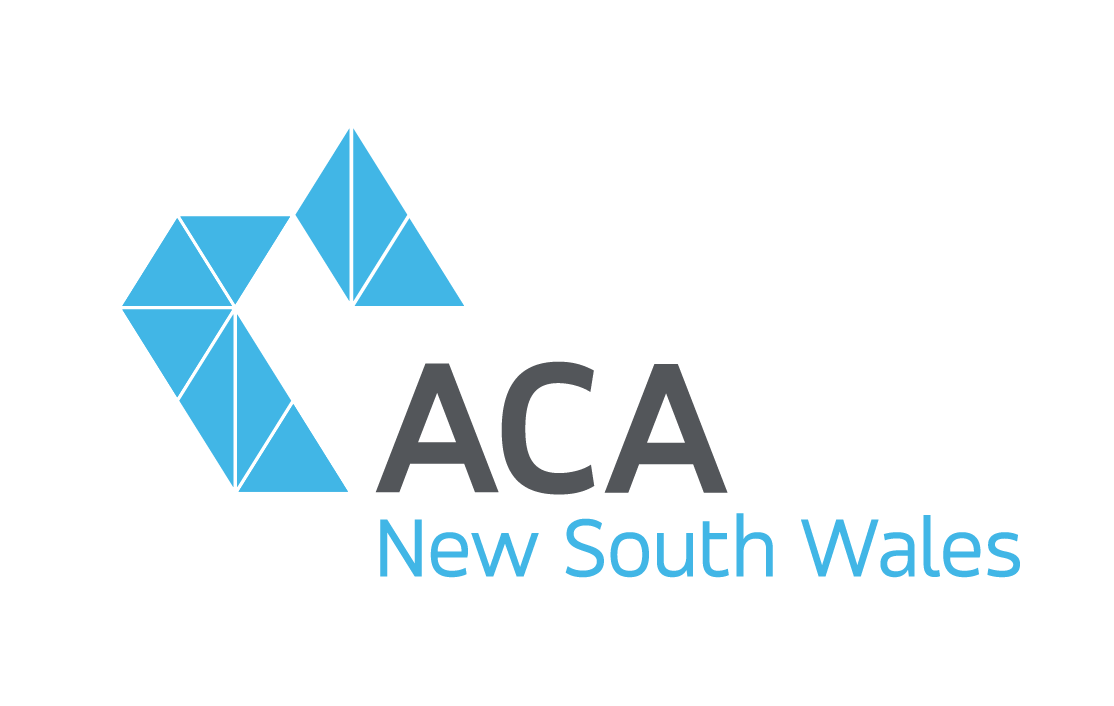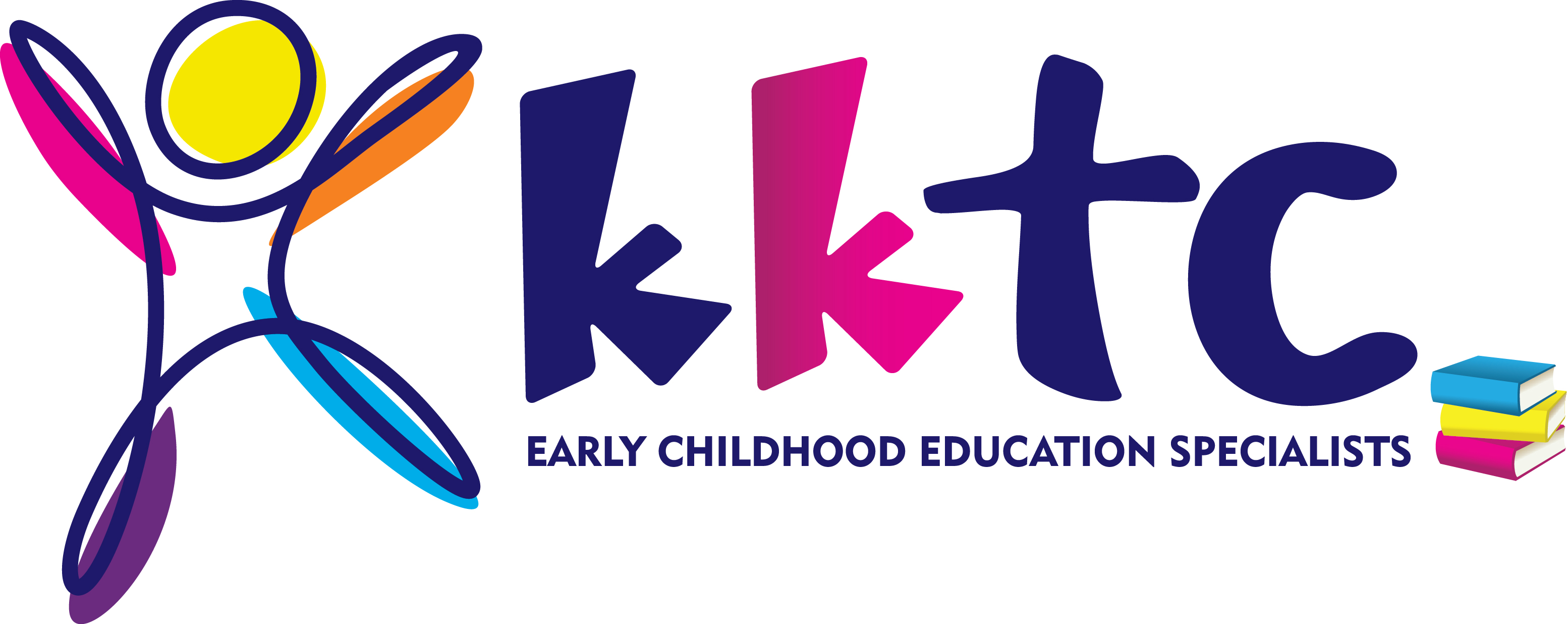The Nurture Nook (Spring 2019): Talking recently at a centre group’s team conference, Sam Hendry College Manager with Kool Kids Training College talked about some of his experiences with leading teams and what teams need to be effective.
In this edition of Nurture Nook, Sam covers some important points in how to develop a successful team culture.

‘A successful team is a group of many hands and one mind…’Bill Bethel
Doing More With Less
Many organisations are trying to do more with less by relying on the efficiency of teams.
That means that teamwork is more important than ever, and it’s critical that teams work well together.
Failures in teamwork have caused serious workplace accidents. They’ve also caused planes to crash and businesses to fail.
The problem is that many teams are really a collection of individuals. A group of people is not a team just because they’re called ‘a team’.
For a group of people to become a fully functioning team, a whole range of psychological processes need to be nurtured.

While all teams are different, psychologists have discovered there are some things that all teams need. Here’s the low down.
- Social Skills
A study conducted by Wooley Et Al in 2010 found that a group intelligence is:
“…not strongly correlated with the average or maximum individual intelligence of group members but is correlated with the average social sensitivity of group members…”
And it’s not an isolated finding, this evidence emerges in research again and again.
So strong communication and social skills are critical to great teamwork.
- Clear Goals and Roles
It might seem obvious, but clear goals and roles make a huge difference in teams.
A recent survey of 7,200 U.S. adults found that only 12% of employees set priorities with their managers. But that 12% were much happier than the employees who scored their managers’ goal setting towards the bottom of the scale.
Organisation goals and clearly defined team roles prevent confusion and increase stability in so many ways. In fact, clearly defined roles decrease absenteeism and lateness (KammeyerMueller and Wanberg, 2003).
Role clarity is particularly important during times of change. Teams with clear roles can adapt easily, but when individuals don’t know who’s responsible for what, chaos reigns.
Sam highlights how surprised he is at the number of educators who have been in centres for lengthy periods of time are still yet to have a formal performance review.
“Performance reviews are critical. Without them, people are often in the dark or making presumptions (often negative) on what management thinks about their performance,“ Sam said.
- Trust
Whilst trust might seem obvious when it comes to team function, it’s more complex than that.
Research conducted by Naquin and Kurtzberg in 2009 found that people will base their assessments of team trust on the least trustworthy individual in a team.
So, each member of the team must be trustworthy, and be perceived as trustworthy for people to trust the group. If not, the whole team suffers.
- Humour
As crazy as it might sound, Professor William Hampes has found that people with a strong sense of humour are perceived as more trustworthy.
Equally, teams with strong group dynamics will joke around together. Humour is a signal that groups are getting along well and has the added benefit of reducing stress, increasing team cohesion and increasing creativity (Romero and Pescosolido, 2008).
Sam said that in the team he leads every week the whole share in the ‘WOW Report’ a collection from each team member of some of the week’s highlights (and sometimes lowlights). Although it is framed as a positive sharing of stories from the week, often it leads to some funny outcomes.
“Sharing a laugh with your colleagues does relieve some of the pressures of the job. We find weekly when sharing the WOW Report that many funny conversations start as a result. Certainly, in the report the laughing emoji appears a lot!”
“Exploring the human side of your co-workers and having some fun is important. It builds rapport, happiness, fulfilment in the role and goodwill for the company as an employer that embraces the differences of each team member.”
“If there is one thing I would recommend, it is share stories amongst the team. People love to know what is going on, and if it has a humorous side to it, all the better.” Sam said.
If your team would like Sam to present at an upcoming team event or conference on leadership, just send him an email at info@eecc.com.au
PUBLISHED: NOVEMBER 2019







